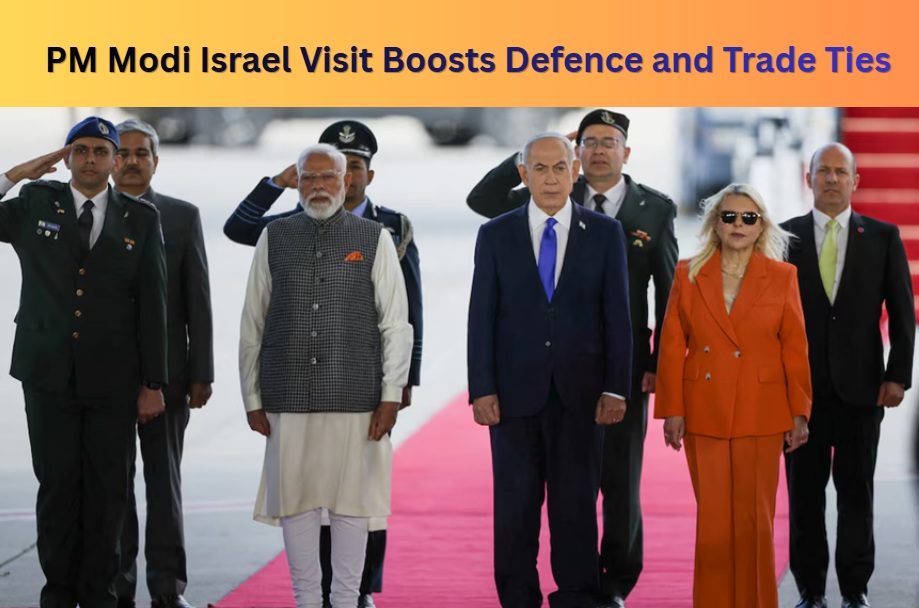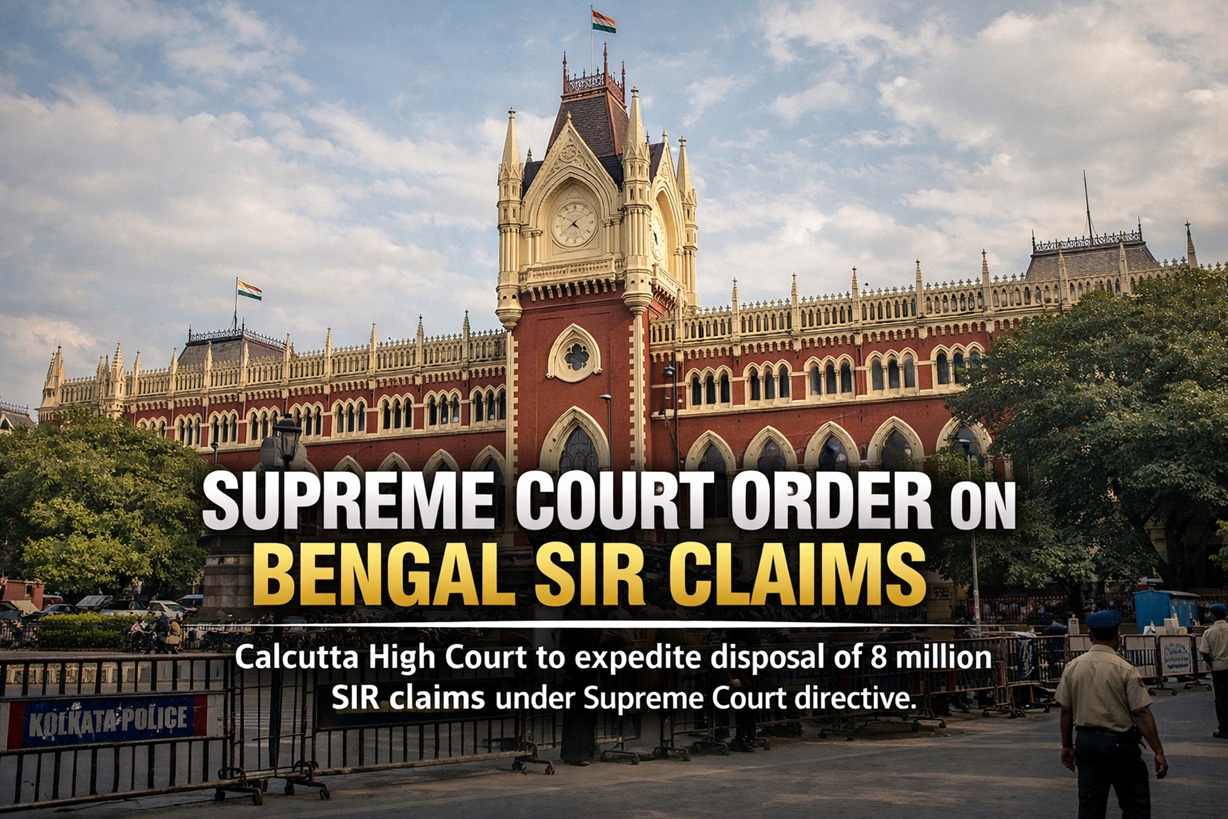The mysterious disappearance of Chinese President Xi Jinping from public view over the past two weeks has sparked an avalanche of speculation. With no official explanation from Beijing and his absence from the pages of People’s Daily — the Communist Party’s own propaganda arm — questions are swirling: Has Xi been sidelined? Is a silent coup underway? Has China’s most powerful leader since Mao Zedong finally been cornered?
Xi Jinping’s Vanishing Act
For a man who once dominated every front page and screen in China, Xi Jinping’s sudden absence from both media and public events has not gone unnoticed. His last known appearance showed him visibly tired and withdrawn during a meeting with Belarusian President Alexander Lukashenko in early June. Since then, there’s been radio silence.
Even more telling: People’s Daily, which regularly features Xi’s quotes, photos, and ideological slogans, has not published anything about him in days. Chinese state television reportedly referred to him without his official title after a call with Donald Trump — a rare protocol lapse in tightly controlled Chinese media.
This is not just an editorial oversight. In authoritarian regimes, silence is rarely accidental.
Signs of an Internal Shake-Up
Multiple high-level changes within the Chinese military and state apparatus are fueling theories of a power struggle at the top:
On 29th June, General Miao Hua and Vice Chairman He Weidong, both key military figures believed loyal to Xi, were removed.
On 30th June, Zheng Yasi, the powerful National Security Advisor known for cracking down on democratic movements, was dismissed.
Other dismissed or disappeared officials include Li Hajun (Naval Chief of Staff), Liu Shiping (Deputy Chief of China Nuclear Corporation), and Wang Houbin (Commander of the Rocket Force).
Notably, no official explanation was provided for these removals — a hallmark of factional purges in one-party states.
These abrupt changes, without transparency or justification, strongly suggest a purge of Xi loyalists — or at the very least, a political recalibration.
General Zhang Youxia: China’s New Power Broker?
At the heart of the coup rumors is General Zhang Youxia, First Vice Chairman of the Central Military Commission (CMC) — the same body Xi chairs. Zhang is a military heavyweight and reportedly a key ally of former President Hu Jintao, Xi’s ousted rival.
Several sources claim that Zhang has taken control of day-to-day military operations, a significant shift that has marginalized Xi’s authority. Intelligence reports suggest that Zhang held secret meetings with senior military officials in late May and early June to consolidate control.
A striking article published in the Liberation Army Daily, titled “Public Power Must Serve the People”, was widely interpreted as a veiled critique of Xi’s autocratic rule. Though Zhang wasn’t named, the message was clear — the tide is turning.
The Hu Jintao Factor: A Silent Rebellion?
When Hu Jintao was forcibly escorted out of the 2022 Party Congress, many viewed it as Xi’s final assertion of dominance. But analysts now believe that moment may have galvanized the Hu faction within the Communist Party, which has been quietly reorganizing and waiting for its chance.
Now, with Xi appearing weakened, Hu’s allies are resurfacing — particularly in the military and political hierarchy. Some reports claim that this is not merely a reshuffling but a coordinated pushback, a “silent coup” to restore balance within the Party after years of Xi’s aggressive centralization of power.
Reformist Wang Yang: The Next Chinese President?
In the absence of Xi, Wang Yang, a seasoned technocrat and reformist, is being floated as his potential successor. Once considered for premiership, Wang was sidelined by Xi’s inner circle. Now, he is being reimagined as a more moderate and reform-oriented leader, in sharp contrast to Xi’s hardline stance.
Intelligence sources suggest that Wang is being quietly groomed as a successor with support from Zhang Youxia and the Hu camp. The dismissal of Xi-loyalist Zheng Yasi is also believed to be part of this strategic reshuffling in Wang’s favor.
China’s Mounting Problems: A Leadership Breaking Point?
Xi’s troubles are not just political — China is facing one of its most turbulent periods in decades:
Youth unemployment is surging past 15%.
The real estate crisis continues to paralyze economic growth.
China’s semiconductor self-reliance drive has faltered due to Western sanctions.
The national debt has soared above $50 trillion, prompting fiscal distress.
Local protests and dissatisfaction are rising, despite the state’s censorship machinery.
In elite circles, dissent is bubbling. Academics are openly criticizing Xi, and Party elders are calling for a leadership reset, arguing that Xi’s policies have isolated China internationally and weakened it internally.
Constitutional Overreach and the Endgame
Xi Jinping once rewrote China’s constitution to eliminate term limits, essentially making himself president for life. But that move may have backfired. His overreach has bred resentment among party veterans and created an ecosystem where even the perception of weakness invites rebellion.
Now, with Xi missing from action, military purges ongoing, and rumors of a new leadership pact forming between General Zhang and Wang Yang — the question is not if a power shift is happening, but how soon it will be confirmed.
Final Thoughts: The Rise and Fall of China’s Strongman?
Xi Jinping’s leadership has defined China’s global posture over the past decade — assertive, expansionist, authoritarian. But in Beijing’s opaque corridors of power, invisibility is often the first sign of vulnerability.
Whether this is a full-scale coup, a factional recalibration, or a strategic retreat by Xi remains unclear. But one thing is certain: a seismic shift is unfolding in the world’s second-largest superpower, and its ripple effects will reach far beyond China’s borders — from India to Washington, from the Pacific to the global economy.
#xijinping #china #dailydozes #chinacoup #taiwan #hankuang #pla #chinamilitary #beijing #chinesepolitics #ccp #taiwannews #chinatravel #CCP #ChinaUS #Taiwan #HongKong





